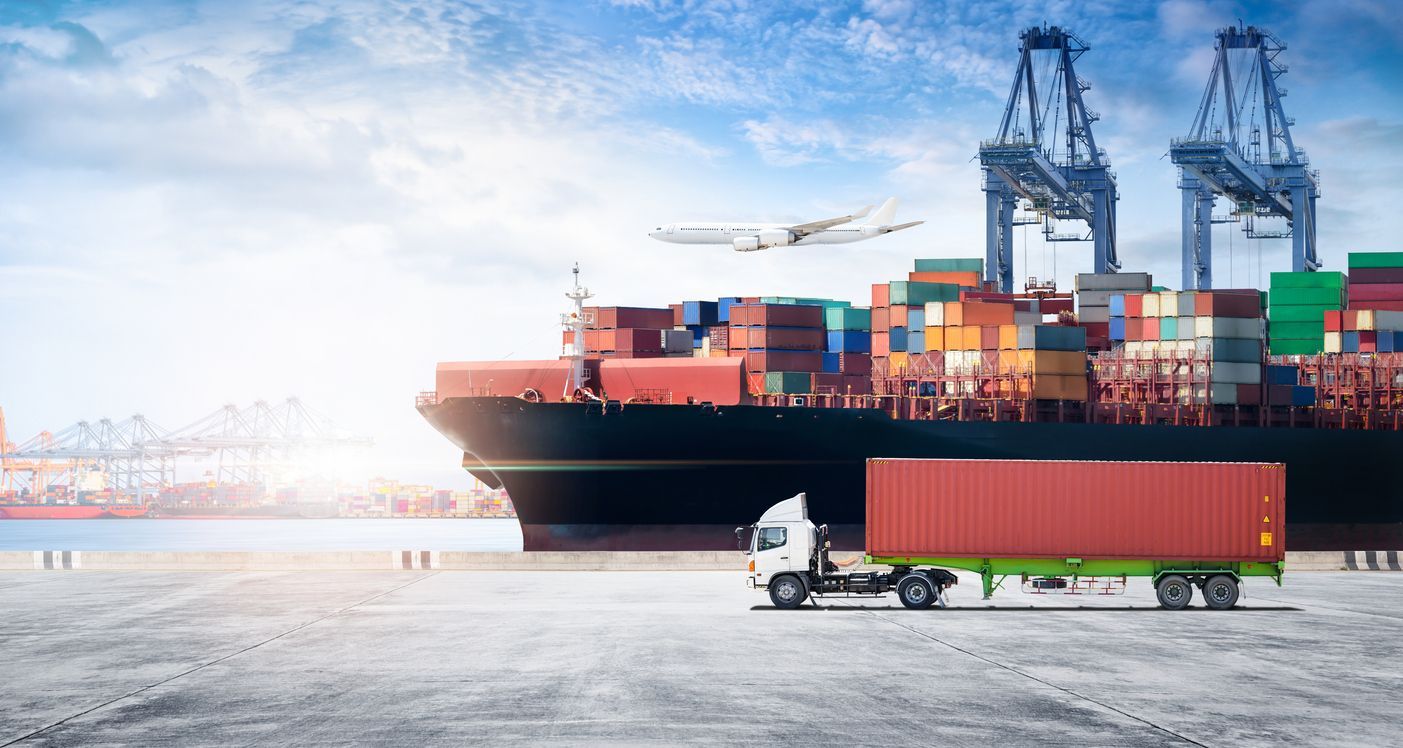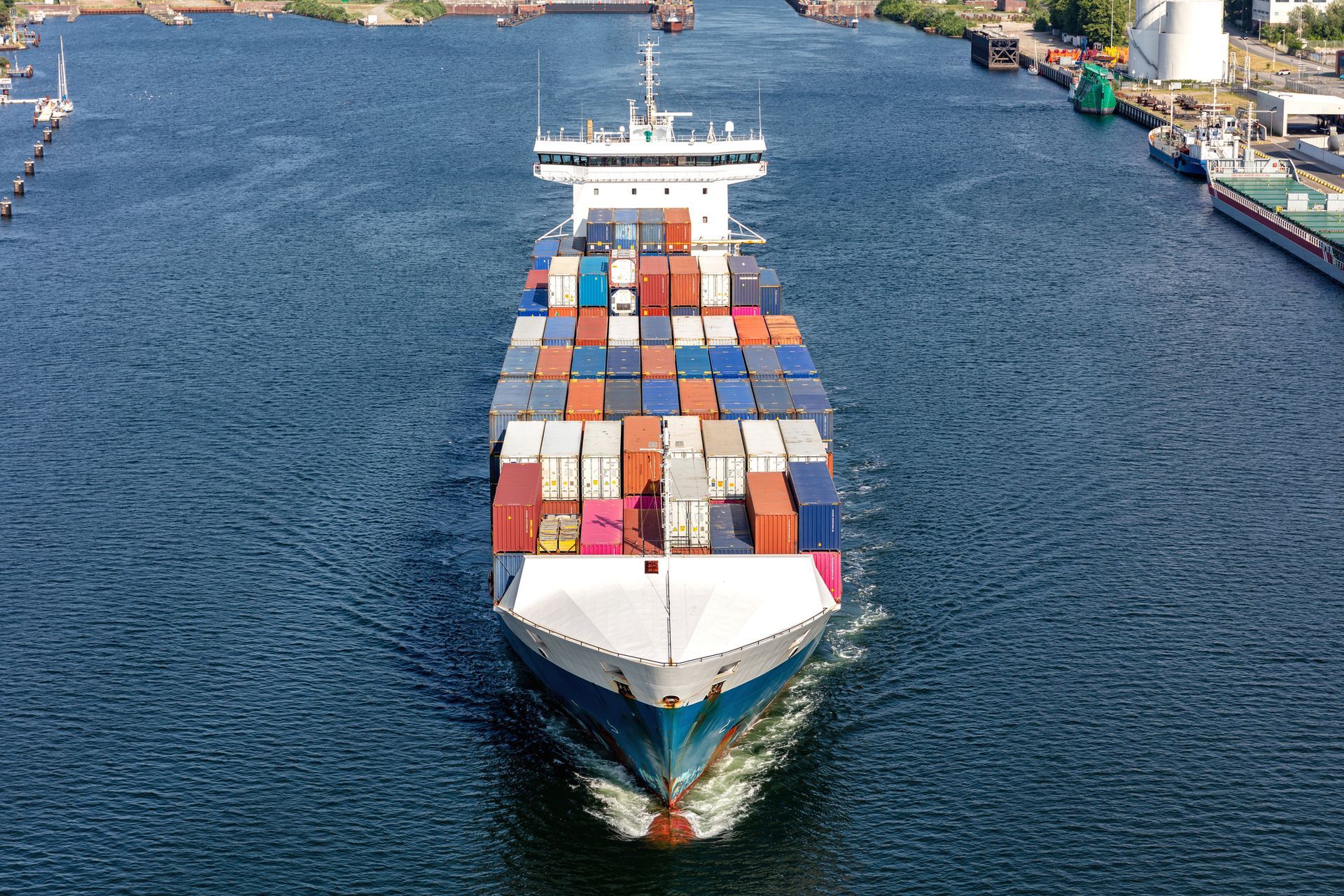
International logistics plays a fundamental role in the success of companies operating in global markets. In a competitive landscape, reducing the costs of this operation becomes essential for ensuring the survival and growth of businesses.
Customs brokers and freight forwarders have a crucial role in this process, as their decisions and strategies directly influence the efficiency and competitiveness of logistics operations.
This article explores various ways to reduce costs in international logistics, highlighting the importance of efficient planning, modal selection, risk management, and documentation.
How to Reduce Costs in International Logistics?
Cost reduction in international logistics involves a range of factors. It’s not just about lowering freight prices, but optimizing all processes, from modal selection to managing documentation and customs regulations.
The current economic scenario, impacted by factors such as the pandemic and the war in Ukraine, requires companies to be even more attentive to their logistics strategies, planning each step to avoid undue fines and other issues that could elevate operational costs.
Here are some strategies for cost reduction in logistics:
Correct Modal Selection
Choosing the right transportation mode is one of the first steps to reducing costs in international logistics. Depending on urgency, product type, and the distances involved, different modes may offer advantages.
Air transportation, for instance, is ideal for high-value goods that need to be delivered quickly, but its cost is significantly higher than maritime options. Maritime transportation is more economical for large volumes and cargo that don’t require short delivery times, although it is more susceptible to delays.
Additionally, combining modes—known as intermodal transportation—can be an efficient solution for optimizing costs.
By combining road, air, and maritime transportation, it is possible to leverage the strengths of each mode, minimizing the disadvantages of each. To make this decision, it is essential to conduct detailed quotes with different logistics suppliers, seeking the best cost-benefit ratio.
Insurance Coverage
International transport insurance is another area where savings can be achieved while reducing risks. In international logistics operations, there is always the possibility of loss, misplacement, or damage to goods, especially on long and complex routes.
Obtaining appropriate insurance protects the company against these risks, avoiding unexpected expenses that could compromise the logistics budget.
However, it is important to conduct a careful analysis of available policies. Selecting specific insurance for each type of cargo and route is essential to ensure comprehensive risk coverage and avoid excessive spending on insurance that is not genuinely necessary.
Strategic Planning
Strategic planning is the heart of cost reduction in international logistics. Without proper planning, operations can become unpredictable and, consequently, more expensive.
Good planning involves analyzing the markets and regulations of the countries involved, selecting reliable logistics partners, and identifying potential risks.
Anticipating risk scenarios, such as climate variations, political instability, or local infrastructure failures, allows the company to develop contingency plans. This way, it is possible to avoid or mitigate the impacts of these factors on the transport of goods.
An efficient strategic plan can reduce delays, fines, and other costs that are often overlooked but have a significant impact on logistics operations.
Route Optimization
Route optimization is an effective strategy for reducing transportation costs. Utilizing advanced monitoring and real-time tracking technologies allows for monitoring the movement of goods and making quick decisions in case of deviations or problems.
This visibility during transit not only prevents losses and misplacements but also allows for route adjustments to save fuel and time.
Additionally, load consolidation—grouping goods from different customers or suppliers into a single shipment—can create economies of scale. This reduces freight costs, as expenses are shared among several companies.
Management of Documentation and Customs Regulations
Managing documentation is a critical point in international logistics, as any mistake can lead to delays in product clearance, fines, or even loss of goods. Each country has its own customs regulations, making it essential to stay constantly updated on documentation and taxation requirements.
A competent customs broker is essential in this process, as they master the rules of international trade and can assist in preparing and reviewing all necessary documentation.
Additionally, this professional should have knowledge in areas such as accounting, administrative law, customs, commercial, and tax law, ensuring that the company remains compliant with legislation and avoids undue fines.
Secure Packaging
Packaging plays a fundamental role in protecting goods during transport. To ensure product integrity, it is necessary to choose the appropriate type of packaging, considering not only physical protection but also the specific regulations of each destination country.
For instance, IMO products require approved packaging for proper transport.
Poorly planned packaging can result in damage to goods, leading to additional costs for replacements and claims. It is also important that packaging is optimized for transport, taking up the least volume possible, which reduces freight costs.
Conclusion
Reducing costs in international logistics is a task that requires detailed planning, technical knowledge, and strategic choices at every stage of the process. From selecting transportation modes to managing documentation, every decision can directly impact the financial results of the company.
Customs brokers and freight forwarders play a crucial role in this process by providing the necessary support to optimize operations and ensure compliance with international regulations. With the right strategies, it is possible not only to reduce costs but also to increase competitiveness in the global market.
If you are looking for more tips and guidance on how to optimize your international logistics, check out our complete guide on the subject and discover how to transform your processes and increase your efficiency.
Continue a navegar no blog da Allink

Mantenha-se informado sobre o comércio exterior
Assine nossa newsletter e receba atualizações semanais de forma gratuita sobre o mundo da logística.




